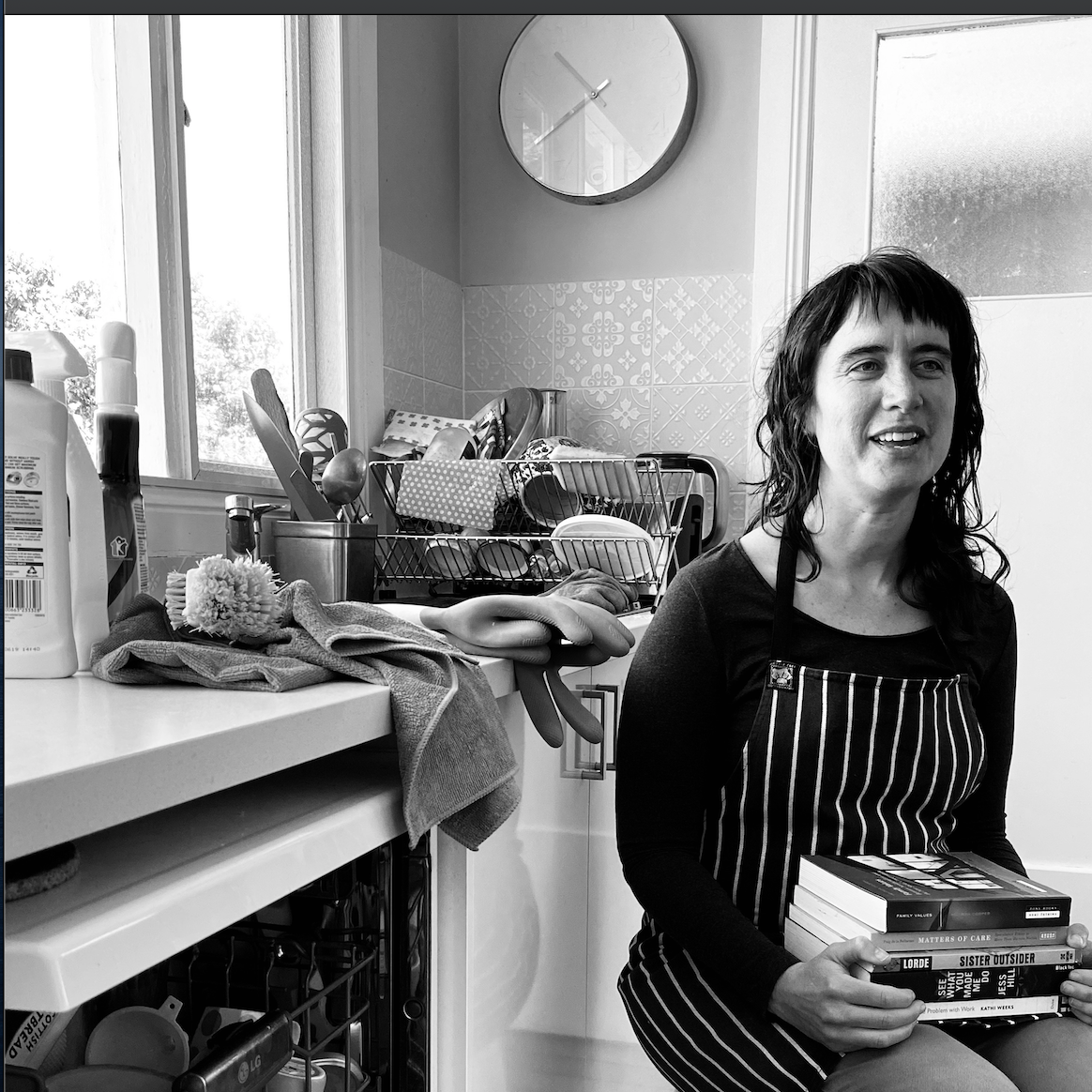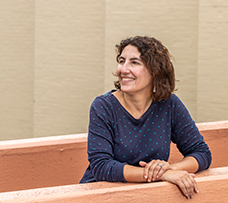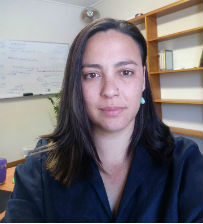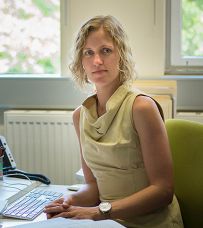Gender and Rural Studies Research Collective
The Gender and Rural Studies Research Collective is an established collaborative effort between ECR and mid-career scholars working across Gender Studies, Human Geography, Sociology, Literary Studies, History, Economics and Psychology at UNE. It is a cross-faculty, multi and interdisciplinary research and teaching community. With projects addressing all of UNE’s Future Fit strategic priority research areas: food security, better health, respecting humanity, and resilient communities.
The Collective takes advantage of UNE’s unique physical and cultural location as a leader in online education and community outreach in and for regional Australia; as well as partnering with communities in East Africa, Asia and the Pacific. Our work focuses on building communities of practice across shared thematic areas, including sustainability, diversity and inclusion, and a research collective at the forefront of creating rigorous, critically engaged and community centred research partnerships.
Since the group’s formation in 2021, we have developed our vision by proceeding with a range of planned and linked research projects which include both traditional research and industry/community facing research that in various ways explore regional and remote life, community and economy and/or gender, sexuality and the experience of cultural diversity and difference.
Most of these projects have both community-facing and traditional scholarly outputs and are funded by a range of different grants (large and small) from numerous organisations.
Group facilitators
We are developing interdisciplinary teaching programs. Currently we have a Gender Studies Major comprised of units from Literary Studies, Sociology and Philosophy in the Bachelor of Arts. The major begins with a uniquely interdisciplinary unit team-taught by the group leaders (SOCY120 Introduction to Gender Theory). In 2024, the refreshed major will culminate with a supported, self-directed undergraduate research project Capstone. Other teaching informed by the research of group facilitators is across English, Sociology, Philosophy and Geography and Planning. We also have a growing number of HDR candidates undertaking research informed by these ideas across disciplines. For direct information on how to study at UNE as part of the Gender and Rural Studies research collective, get in touch with one of the Group Facilitators. Our research is public-facing and embedded in community. The following organisations have partnered with one or more of the group facilitators in the last 24 months. Local: New England Regional Art Museum (NERAM); Sustainable Living Armidale; Armajun Aboriginal Health Service; Community Weathering Station (CoWS); Gender, Equality in Agricultural Research and Development (GEAReD). National: Australian Centre for International Agricultural Research (ACIAR), The Aids Council of NSW (ACON), Australian GLBTQAI+ Multicultural Council (AGMC), Association for the Study of Literature Environment and Culture Australia and New Zealand (ASLEC-ANZ), Community Economies Research Network (CERN), Composting Feminisms and Environmental Humanities Network. International: The University of British Columbia (Okanagan) Feeled Lab; Kibera Joy Initiative (Nairobi, Kenya); Voices of Women in Western Kenya (VoWWeK) (Kisumu, Kenya); Nyabende Human Rights Network (Kisumu County, Kenya). Community-based agri-food, social enterprises and their contribution to regional development: Funded by the Future Food Systems CRC. Group members are currently drafting two papers based on this research. With support of the UNE Smart Region Incubator, group members are acting as expert advisors informing the development of a community-based social enterprise. Projects collaborators: Dr Nicolette Larder, Dr Lucie Newsome (UNE Business School), Associate Professor Amy Lykins and Dr Cassandra Sundaraja (UNE School of Psychology). Armidale Climate and Health Project: Initially funded in 2020 by the NSW Government ($25,000) and in 2022 the Hunter New England Primary Health Network ($5,000), the Armidale Climate and Health project aims to create community projects that tackle climate change and health together, while centring Indigenous knowledge. A unique collaboration between HASS and Medicine and Health, the project continues to develop via Food School and Community Dinners. Key outputs from this project to date include a paper co-authored by Hamilton and Larder, “Making Time to Care Differently for Food: The Case for Armidale Food School” (2022, https://doi.org/10.14426/cristal.v10iSI.510), a short video resource about growing food in Armidale (https://armidaleclimateandhealth.com.au/resources/), shot by Mike Terry. The project co-facilitators were selected to present on their research at the national “Doctors for Environment Australia” (DEA) conference in Melbourne in September 2022 alongside the Victorian Chief Health Officer Dr Brett Sutton, and other key figures in the climate and health space. Project co-facilitators: Dr Jennifer Hamilton (HASS) and Dr Sujata Allan (RACGP, MBBS, DCH). Other collaborators and partners: Dr Nicolette Larder (HASS), Sustainable Living Armidale “Food Group” (Kade, Lauren, Mac, Imogen, Craig), New England Regional Art Museum and Armajun Aboriginal Health Service. The Winter Blooming Festival Winter Blooming is a bold and inclusive program of visual arts, literature, spoken word, music and public forums that celebrate and highlight Indigenous, multicultural and LGBTIQ arts, culture, people and allies. Winter Blooming aims to support diversity and create a safe space for the inclusion of all voices to be expressed through cultural and social exchange. There are few LGBTIQ services provided in Armidale and prior to the inaugural Winter Blooming festival in 2019, no existing public cultural event. In 2022 New England Regional Art Museum in partnership with the University of New England, Australian GLBT Multicultural Council and ACON produced the second Winter Blooming Festival in collaboration with members of the community. Co-curators: Dr Christina Kenny and Rachael Parsons, Director, NERAM The Heteropessimists A project with an interdisciplinary team of researchers at UNE (2021 – ongoing) which grew out of the Feminist Reading Group founded by Dr Kenny. Our latest project, partially funded through a competitive Freilich Foundation Grant (ANU) ($5,000) is a website and podcast series that examines the history, sociology and philosophy of heterosexual relationships. This impactful research project was launched with an article in the Conversation which attracted over 77,000 views, 51,000 imprints of the article on Instagram and almost 800 shares of the article on Facebook. Our project has also been featured on ABC News Radio, on 6PR (Perth), 2ser 107.3 (Sydney) and JoyFM (Melbourne). More about The Hetropessimists Project team: Dr Christina Kenny, Dr Matthew Allen, Dr Felicity Joseph and Dr Jennifer Hamilton, and audio producer Daz Chandler. Exploring the access to, and experiences of diverse sexual orientation and/or gender identity engaged in fisheries This ground-breaking scoping study ($60,000) mapped the participation and perceptions of people and communities of diverse sexual orientation, gender identity and/or expression (SOGIE) engaged in fisheries supply chains in Samoa. In particular, we explored the economic and social contribution, experiences and treatment of SOGIE individuals in this sector; as well as identifying any barriers to their full participation including access to land, investment opportunities, training and capacity building opportunities (eg. agricultural extension), and contribution to value supply chains. We will apply the methodologies developed in this scoping study to a country-wide examination of the experiences, participation and perceptions of people of diverse SOGIE working across agri-food supply chains in Samoa 2023-2024, also funded by ACAIR ($250,000). Project leaders: Dr Christina Kenny (UNE) and Dr Fetaomi Tapu-Quiliho (National University of Samoa)





